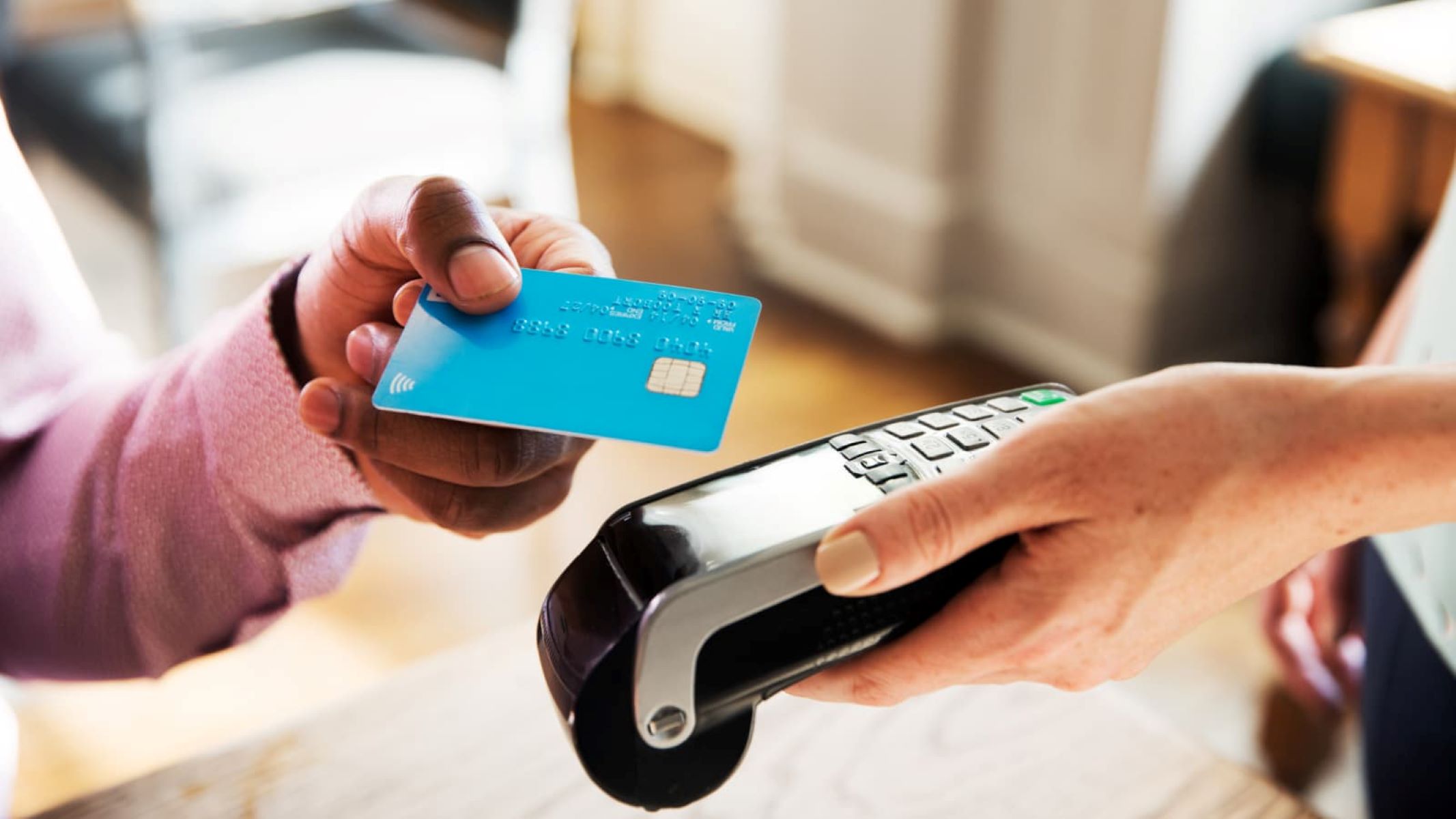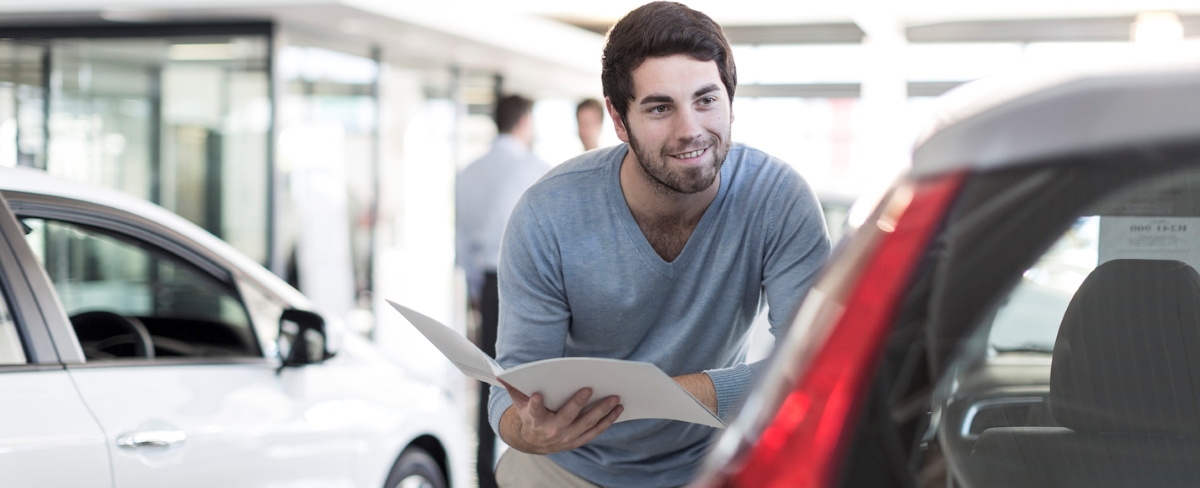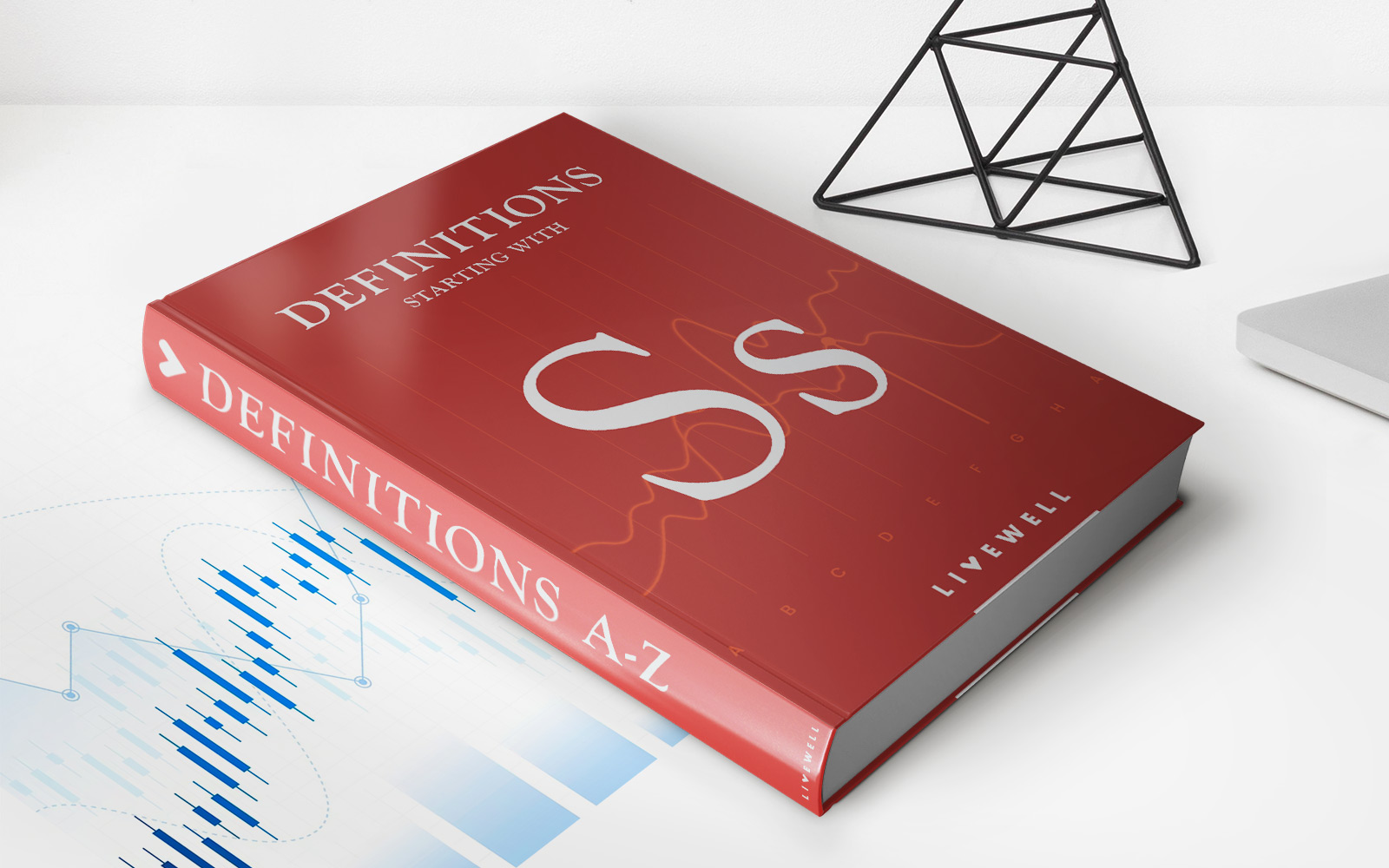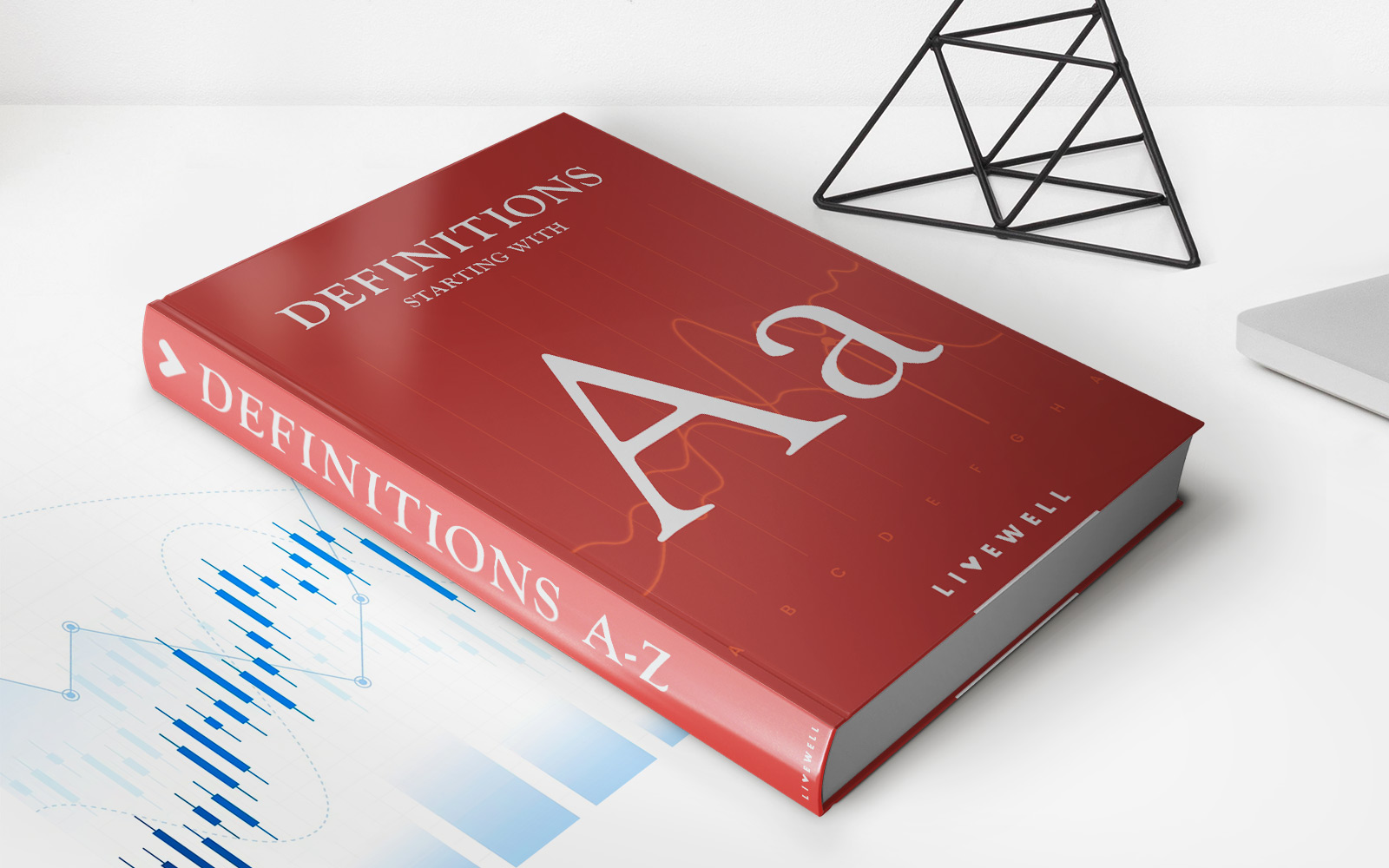

Finance
How To Buy Car With Credit Card
Published: October 26, 2023
Learn how to finance your car purchase using a credit card and make the most of your available credit. Discover the benefits and steps to buying a car with a credit card.
(Many of the links in this article redirect to a specific reviewed product. Your purchase of these products through affiliate links helps to generate commission for LiveWell, at no extra cost. Learn more)
Table of Contents
- Introduction
- Understanding the Benefits of Buying a Car with a Credit Card
- Factors to Consider Before Buying a Car with a Credit Card
- Researching Your Options for Buying a Car with a Credit Card
- Tips for Successfully Purchasing a Car with a Credit Card
- Avoiding Common Pitfalls When Buying a Car with a Credit Card
- Conclusion
Introduction
Buying a car with a credit card may sound like an unconventional idea, but it can offer a range of benefits for savvy consumers. Credit cards come with various perks such as rewards programs, cashback offers, and low-interest rates. These advantages, coupled with the convenience of using a credit card for large purchases, make it an attractive option for car buyers.
While traditional car financing options may seem more common, purchasing a car with a credit card can provide flexibility and cost-saving opportunities. However, it’s essential to understand the intricacies involved and consider several factors before making this decision. This article aims to shed light on the benefits, considerations, research required, and tips for successfully buying a car with a credit card.
It’s important to note that buying a car with a credit card should only be pursued if you can responsibly manage your credit card debt and pay off the balance in a timely manner. If you carry a balance or miss payments, the interest charges can quickly negate any advantages gained by using a credit card for the purchase.
So, if you’re considering buying a car with a credit card, read on to learn about the benefits and potential pitfalls, and discover how to make the most of this unique payment option.
Understanding the Benefits of Buying a Car with a Credit Card
Buying a car with a credit card offers several advantages that can make the process more convenient and cost-effective for consumers. Below are some key benefits to consider:
- Rewards Programs: Many credit cards offer rewards programs where you can earn points or cashback on your purchases. By using a credit card to buy a car, you can accumulate rewards that can be redeemed for future purchases, travel, or even statement credits, effectively reducing the overall cost of your car.
- Low-Interest Rates: Some credit cards provide introductory 0% APR offers for a certain period, allowing you to finance the car purchase without incurring any interest charges. This can be an excellent option if you have a plan to pay off the entire balance within the promotional period.
- Flexible Payment Terms: Credit cards offer flexibility in terms of repayment. Unlike traditional auto loans, which often have fixed monthly payments, credit card payments can be customized based on your financial situation. You can choose to pay off the balance in a lump sum or spread it out over several months, depending on what works best for you.
- Extended Warranty and Purchase Protection: Many credit cards come with additional benefits, such as extended warranty coverage and purchase protection. When buying a car with a credit card, you may be eligible for these perks, providing added peace of mind and potentially saving you money on future repairs or damages.
- Better Negotiating Power: Purchasing a car with a credit card gives you the advantage of being able to negotiate better deals. Car dealers may be more willing to offer discounts or incentives for a credit card payment because they can avoid credit checks and the administrative hassle associated with traditional financing options.
- Convenience and Security: Using a credit card to buy a car is convenient, especially if you already have a credit card with a high spending limit. It eliminates the need to carry a large amount of cash or deal with the complexities of securing a certified check. Additionally, credit card payments offer an extra layer of security, as they are protected by the card issuer’s fraud prevention measures.
While these benefits can make buying a car with a credit card an attractive option, it’s crucial to consider certain factors and perform thorough research to ensure it aligns with your financial goals and circumstances. The following section will cover these important considerations in more detail.
Factors to Consider Before Buying a Car with a Credit Card
Before deciding to buy a car with a credit card, it’s important to evaluate several factors to ensure it is the right choice for your financial situation. Consider the following key factors:
- Credit Limit: Check your credit card’s available credit limit to ensure it is sufficient to cover the cost of the car. Remember that credit card limits are typically lower than traditional auto loan amounts, so make sure your card has a high enough limit to accommodate the purchase.
- Interest Rates: Evaluate the interest rates associated with your credit card. If your card has a high-interest rate, it may be more cost-effective to opt for a traditional auto loan with a lower interest rate, especially if you cannot pay off the balance in full within a short period.
- Promotional Offers: Take advantage of any promotional offers, such as 0% APR introductory periods, offered by your credit card. These offers can help you avoid interest charges if you can pay off the balance within the promotional timeframe.
- Rewards and Cashback: Consider the rewards or cashback programs offered by your credit card. If your card offers substantial rewards, it can offset some of the costs associated with buying a car. Calculate the potential rewards you can earn and determine if they outweigh alternative financing options.
- Cardholder Benefits: Review any additional benefits your credit card may offer, such as extended warranty coverage, purchase protection, or rental car insurance. These perks can provide added value and financial protection when purchasing a car with your credit card.
- Repayment Plan: Consider how you plan to repay the credit card balance. Make sure you have a clear strategy in place to pay off the debt in a timely manner. Avoid carrying a balance for an extended period to minimize interest charges and potential financial strain.
- Credit Score Impact: Buying a car with a credit card can impact your credit score. Understand that large credit card transactions can temporarily decrease your available credit and potentially lower your credit utilization ratio. However, as you make timely payments and reduce your balance, it can positively affect your credit score in the long run.
- Dealer Acceptance: Verify if the car dealership accepts credit card payments. Keep in mind that some dealers may have limits on the amount that can be charged to a credit card or may charge additional fees for credit card transactions. Clarify these details upfront to avoid any surprises during the purchase process.
By carefully considering these factors, you can determine if buying a car with a credit card aligns with your financial goals and capabilities. The next section will guide you through the process of researching your options to make an informed decision.
Researching Your Options for Buying a Car with a Credit Card
When considering buying a car with a credit card, it’s important to conduct thorough research to ensure you make an informed decision. Follow these steps to explore your options:
- Check Credit Card Terms and Conditions: Review the terms and conditions of your credit card to understand any limitations or restrictions associated with using it for a car purchase. Look for information regarding credit limits, interest rates, fees, and any cardholder benefits that may apply.
- Explore Reward Programs: Examine your credit card’s rewards program to determine how you can earn points or cashback on your car purchase. Some credit cards offer bonus rewards for specific spending categories, so it’s worth exploring if buying a car qualifies for any additional rewards.
- Compare Interest Rates: Compare the interest rates on your credit card with other financing options, such as traditional auto loans or personal loans. Consider the long-term cost implications of different interest rates and determine which option offers the most advantageous terms.
- Research Dealership Policies: Contact local car dealerships and inquire about their policies regarding credit card payments. Ask about any limits, fees, or special conditions that may be associated with using a credit card for a car purchase. This information will help you evaluate the feasibility of this payment method.
- Consider Credit Card Compatibility: Ensure that the dealership accepts your credit card network, such as Visa, Mastercard, or American Express. Not all dealerships accept all types of credit cards, so it’s crucial to verify this before proceeding with the purchase.
- Calculate Rewards Potential: Estimate the potential rewards or cashback you can earn by using your credit card for a car purchase. Consider the value of those rewards and how they compare to any alternative financing options. This calculation will help you determine the overall cost-effectiveness of buying a car with a credit card.
- Assess Financial Readiness: Evaluate your financial readiness to handle the credit card debt associated with the car purchase. Review your budget, savings, and income to ensure you can comfortably manage the payments and avoid carrying a high balance for an extended period.
- Seek Professional Advice: If you are unsure about the financial implications of buying a car with a credit card, consider consulting a financial advisor. They can provide personalized guidance based on your specific circumstances and help you make an informed decision.
By conducting thorough research and considering these factors, you can better understand if buying a car with a credit card is a viable option for you. The next section will provide valuable tips to help you successfully navigate the process and secure a car purchase using a credit card.
Tips for Successfully Purchasing a Car with a Credit Card
Purchasing a car with a credit card can be a unique and rewarding experience if done right. Follow these tips to ensure a successful transaction:
- Choose the Right Credit Card: Select a credit card that offers attractive rewards, cashback, low-interest rates, and beneficial cardholder perks. Look for cards with a high spending limit to accommodate the cost of the car.
- Negotiate the Price: Even though you’re using a credit card, it doesn’t mean you should skip negotiating the price. Bargain with the car dealer to secure the best possible deal, considering any discounts or incentives they may offer for credit card payments.
- Promptly Pay Off the Balance: Set a clear plan to pay off the credit card balance as quickly as possible. Avoid carrying a high balance for an extended period to minimize interest charges. Consider using savings or other funds to make a lump sum payment toward the outstanding balance.
- Be Mindful of Credit Utilization: Keep in mind that using a significant portion of your credit limit for the car purchase can temporarily impact your credit utilization ratio. If needed, make an additional payment or ask for a credit limit increase to mitigate any negative effects on your credit score.
- Plan for the Future: Consider how the car purchase will fit into your long-term financial goals. Evaluate the impact on your budget and savings, as well as any ongoing maintenance and insurance costs associated with owning the vehicle.
- Stay Within Your Budget: While the availability of credit may tempt you to spend more, it’s crucial to stick to your predetermined budget. Avoid purchasing a car that you cannot afford to pay off comfortably within a reasonable timeframe.
- Maintain Good Payment History: Make all credit card payments on time and in full to maintain a positive payment history. This will not only keep your credit score in good standing but also ensure future credit opportunities are available to you.
- Stay Informed About Credit Card Terms: Regularly review your credit card statements and keep up to date with any changes in terms or fees. Being informed about your credit card’s policies will help you make the most of its benefits and avoid any surprises.
By following these tips, you can navigate the process of purchasing a car with a credit card smoothly and maximize the benefits offered by your credit card. However, it’s essential to be aware of some common pitfalls associated with this type of purchase, which will be discussed in the next section.
Avoiding Common Pitfalls When Buying a Car with a Credit Card
While purchasing a car with a credit card can offer several benefits, it’s important to be aware of and avoid common pitfalls. Here are some common pitfalls to watch out for:
- High-Interest Rates: If you’re unable to pay off the credit card balance within a short period, high-interest rates can quickly accumulate and negate any potential benefits gained from using a credit card for the purchase. Make sure to compare interest rates and explore alternative financing options.
- Overspending: The availability of credit can sometimes lead to overspending. Avoid the temptation to purchase a more expensive car than you can afford or get caught up in optional features and upgrades. Stick to your predetermined budget to prevent financial strain down the line.
- Insufficient Credit Limit: Be mindful of your credit card’s available credit limit and ensure it is sufficient to cover the cost of the car. If your credit limit is lower than the car’s purchase price, you may need to utilize multiple credit cards or explore other financing options.
- Missed Payments: Late or missed credit card payments can lead to hefty late fees, increased interest rates, and damage to your credit score. Create a repayment plan and set up reminders to make timely payments. Consider automatic payments to avoid any potential missed deadlines.
- Exceeding Credit Utilization: Using a significant portion of your credit limit for a large car purchase can temporarily increase your credit utilization ratio. This could negatively impact your credit score. Keep this in mind if you have plans to apply for other types of credit in the near future.
- Ignoring Other Financing Options: While buying a car with a credit card can be advantageous in certain scenarios, it’s essential to consider other financing options. Explore traditional auto loans and compare interest rates to ensure you’re choosing the most cost-effective option.
- Ignoring Cardholder Benefits: Many credit cards offer additional benefits like extended warranty coverage, purchase protection, or travel insurance. Familiarize yourself with these perks and ensure you take advantage of them when purchasing a car with your credit card.
- Not Researching Dealership Policies: It’s crucial to verify that the car dealership accepts credit card payments and understand any limitations, fees, or special conditions associated with the transaction. Failure to do so could lead to unexpected charges or complications during the purchase process.
By being aware of these common pitfalls and taking the necessary precautions, you can navigate the process of buying a car with a credit card smoothly and avoid potential financial setbacks. Now, let’s conclude our discussion on this topic.
Conclusion
Buying a car with a credit card can be a viable option for those who can manage their credit card debt responsibly. The benefits of using a credit card for a car purchase, such as rewards programs, low-interest rates, and flexibility in payment terms, can make it an attractive choice. However, it is crucial to consider factors like credit limits, interest rates, and repayment plans, as well as researching dealership policies and maintaining good credit card practices.
Thorough research and careful consideration of your financial situation are essential before deciding to buy a car with a credit card. It’s important to weigh the advantages, such as rewards and negotiating power, against potential pitfalls such as high-interest rates and overspending. Additionally, it’s crucial to remain mindful of your credit card terms, stay within your budget, and make timely payments to avoid any negative consequences.
If you are unsure about the best financing option for your car purchase, consulting with a financial advisor can provide valuable guidance tailored to your specific needs and circumstances. They can help you understand the long-term implications of buying a car with a credit card and offer alternative financing options if needed.
In conclusion, buying a car with a credit card can offer convenience, rewards, and flexibility, but it requires careful planning and responsible financial management. By considering all the factors discussed in this article and staying informed about your credit card terms, you can make an informed decision and potentially make your car purchase a more rewarding and cost-effective experience.














